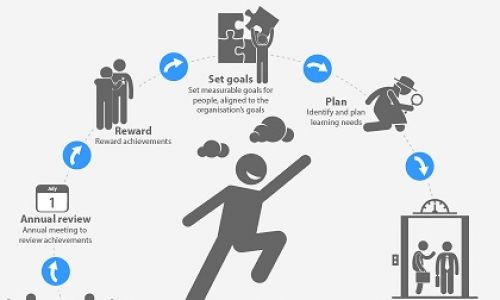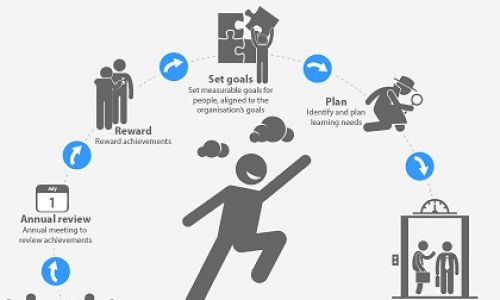As the season for employee appraisals is fast approaching, it is very likely that you are currently preparing for meetings with your team members.
This tends to be an anxious, yet exciting time for employees, who want to hear positive reviews from their managers, as well as showing them their accomplishments throughout the year.
Managers should focus on using this time to the fullest for their employees and themselves, providing critical feedback and setting up clear and measurable results for the future year.
Improve the employee appraisal process with these three tips:
Engage Your Employee
When you go over your staff’s failures or wins throughout the past appraisal period, make sure to engage that individual in the discussion.
Instead of reading from a list, stop every so often to give your employee a chance to make a comment, or ask or answer questions.
If the person is underperforming, have a discussion with them about possible reasons they believe that could be happening.
Ask them if they knew the benchmarks that they were supposed to hit, and why that did not happen.
If your review is more positive, you must still make sure to engage the party by asking them for their opinions about their role in the firm, and any concerns they may have.
Separate Performance From Pay
When staff members expect the announcement about a pay raise or bonus at the end of their appraisal, they can hardly focus on anything that is discussed, simply anticipating hearing the amount.
This is why it is a good idea to alert your staff prior to the meeting that no discussion about salary will be taking place, so as not to disappoint the person at the meeting.
This will provide an environment that allows both parties to pay all their undivided attention to the topic at hand.
Follow Up
What most leaders need to understand is that a performance review is not an annual, or even a biannual event; instead, it is an ongoing process that promotes open communication and partnership between a boss and an employee.
Don’t just rattle off a list of improvements that the member of staff needs to make, and then wait six months to a year to address those items; instead, check in every single week with your team member, letting them know that you are noticing their work, and provide constant feedback about their success or failure in terms of your expectations.
By utilising these three tips, you will improve the appraisal process for your own and your staff’s benefit.
Courtesy MTD Tips



